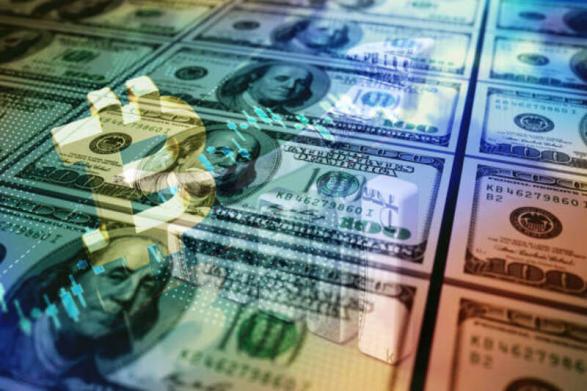President Jimmy Carter's tenure (1977-1981) was marked by substantial economic transformations, which continue to be a subject of rigorous scrutiny and analysis. The Carter era economic policies were formulated against the backdrop of the ongoing cold war and oil crises, resulting in a unique blend of fiscal and monetary strategies. This analysis aims to delve into the profound implications of these policies, their effectiveness, and the long-term impact they bore on the American economy. By critically examining the economic decisions Carter made during his presidency, we can better understand the economic direction the United States took during this pivotal period.
Carter's Key Economic Policies
During his time as president, Carter implemented a series of economic policies that sought to address the issues facing the American economy at the time. One of the most notable policies was his focus on energy conservation and reducing dependence on foreign oil. This resulted in various initiatives such as tax incentives for alternative energy sources and promotion of energy efficiency.

Carter also introduced measures aimed at controlling inflation and reducing government spending. This included a budget control act that established strict limits on federal expenditures and the creation of the Federal Reserve's monetary policy targets, which aimed to curb inflation.
Another key aspect of Carter's economic policies was his commitment to promoting fair trade practices and addressing trade imbalances with other countries. He renegotiated various international trade agreements and implemented measures to protect American industries from foreign competition.
Assessing the Effectiveness of Carter's Policies
While some of President Carter's policies were well-intentioned and received positive feedback, others faced criticism and challenges. For example, his energy conservation efforts did result in a decrease in foreign oil dependence, but they were met with resistance from the American public who felt the burden of higher energy costs. Similarly, his attempts to control inflation were partially successful, but some argued that his policies did not do enough to address the root causes of inflation.
On the other hand, Carter's trade policies were largely seen as effective in addressing trade imbalances and protecting American industries. However, they also faced challenges and criticism from those who believed they hindered free trade and negatively impacted international relations.
Short-term Impact of Carter's Policies
The short-term impact of Carter's economic policies was mixed. While some initiatives, such as energy conservation and trade protection, showed promising results, others faced significant challenges and backlash from the American public.
In terms of the economy, there were both positive and negative effects. On one hand, unemployment rates remained low during Carter's presidency, and real GDP growth stayed relatively stable. However, inflation rates remained high throughout his term, and the economy struggled with recession in 1980.
Long-term Impact of Carter's Policies
The long-term impact of Carter's economic policies is still a subject of debate. Some argue that his efforts to address energy conservation and trade imbalances laid the groundwork for future economic success. Others criticize his handling of inflation and government spending, which they believe had lasting negative effects on the American economy.
Overall, President Carter's economic policies were complex and faced both praise and criticism. However, they played a significant role in shaping the economic landscape of the United States during his presidency and continue to be a topic of interest for economists and policymakers alike. By assessing their impact, we can gain valuable insights into the successes and challenges of implementing economic policies in a complex and ever-changing global economy. So, it is imperative that we continue to analyze and learn from the decisions made during President Carter's tenure to inform future economic policy-making.
The impact of his policies, both positive and negative, serves as a reminder of the importance of carefully considering all factors and potential consequences when implementing economic strategies. Only through continued assessment and analysis can we hope to create effective and sustainable economic policies for the betterment of our nation.
The Legacy of Economic Reforms Under President Jimmy Carter

President Carter's economic policies have left a lasting legacy on the United States. His focus on energy conservation and promotion of alternative energy sources has had a long-term impact, making the country less reliant on foreign oil and laying the foundation for future advancements in renewable energy.
Additionally, his efforts to address trade imbalances and promote fair trade practices have influenced international trade agreements and continue to be a key consideration in economic policy-making.
Furthermore, Carter's policies have also sparked ongoing discussions and debates on the role of government intervention in the economy and the effectiveness of different strategies in addressing economic issues.
Conclusion
President Carter's economic policies were multifaceted and had a significant impact on the American economy during his tenure. While some initiatives faced challenges and criticism, others have had lasting positive effects. The legacy of his reforms continues to shape the economic landscape of the United States and serves as a reminder of the importance of thoughtful and strategic decision-making in economic policy. Therefore, it is necessary to continue studying and learning from the policies implemented during his presidency to inform future economic strategies. By doing so, we can strive towards creating a more prosperous and sustainable economy for all. So, let us not just acknowledge Carter's economic policies but also learn from them to pave the way for a better economic future.







